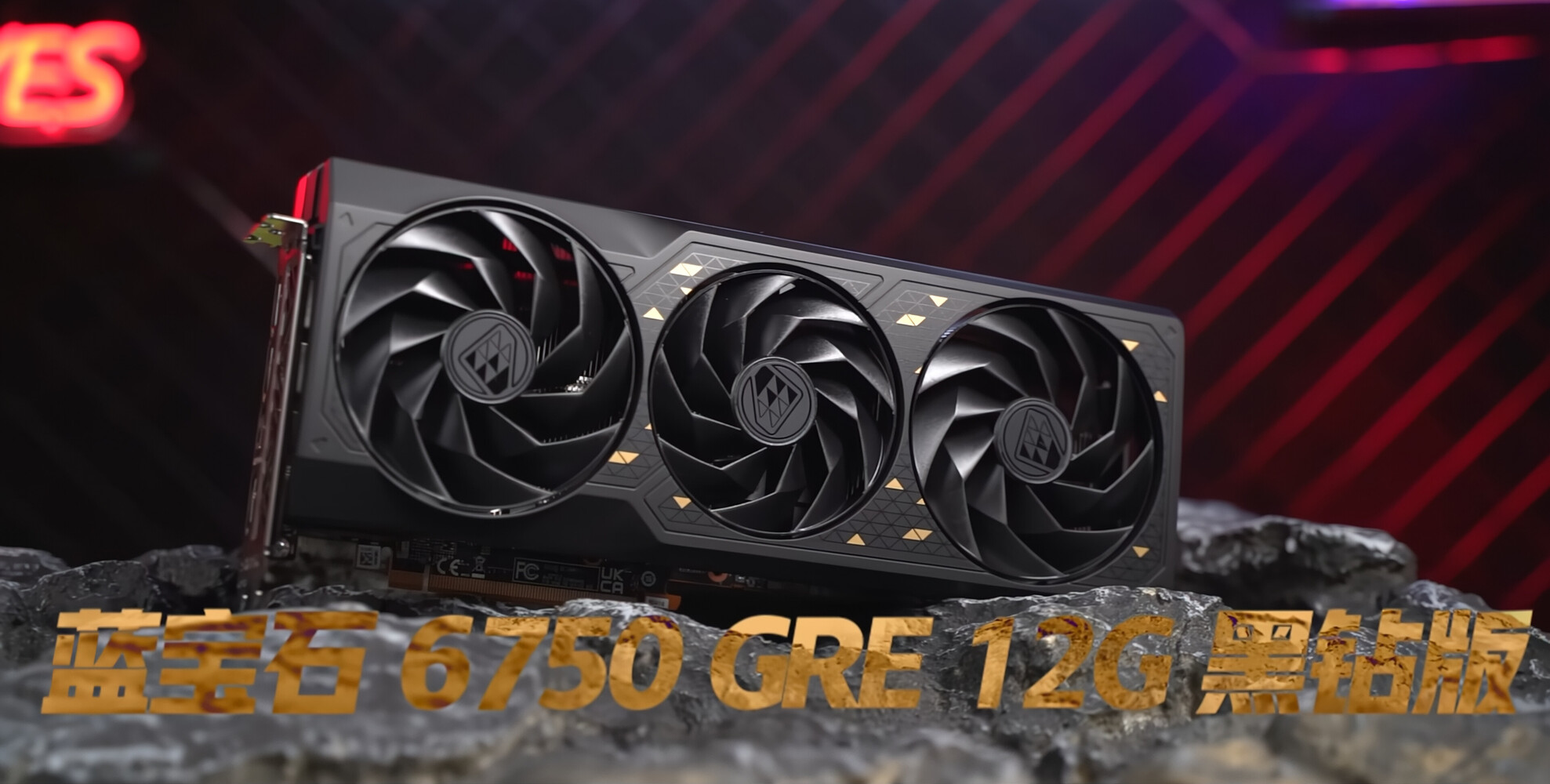To be honest, whenever a company grows too big, it is unavoidable for them to operate in an anti-competitive way to fend off competitors. That is the unfortunate fact. Take Intel for example, it is clear they are likely still at it with the anti-competitive practice. If you just look across laptops for example, notice that most premium laptops are exclusive to Intel chips only? AMD processors rarely get the "red carpet" treatment and even if the same model exists, the specs may also be inferior to the Intel version. One can argue that AMD may not be able to supply that many chips as compared to Intel, but I do wonder if high end laptops really sell like hot cakes.
Yes, this is exactly it! It seems inherent to capitalism that when a corporate entity reaches a certain size, they rely less and less on innovation and fair competition and instead increasingly focus on manipulating the system, anti-competitive practices, and using accumulated size and resources to compete rather than innovation. For example, consider Intel's or Nvidia's behavior whenever they've even perceived the slightest threat from AMD. We can recall from the early 2000s that Intel resorted to bribing OEMs with their "rebate" plan or Nvidia's GPP program in the mid to late 2010s, both of which undoubtedly have implications in the present and, imo, act more as temporary windows into the everyday running of these relationship to this day, than as aberrations of their corporate behavior. For example, I think we can all agree that AMD's mobile offerings are just as good, if not better (especially in efficiency) than Intel's and yet there are far fewer laptop models based on AMD, the ones that are are usually cheaper options (in quality), and sometimes they seemingly don't even apply the products in the best possible way, i.e. how I'm constantly seeing laptops with AMD APUs paired with nvidia dGPUs, which is fine as an option, but there seems to be very few laptop models where the stronger AMD APUs are used ALONE which I would think would be their BEST use, i.e. a thin and light, premium ultrabook with a 7840H(S)/7940H(S)/8840H(S)/8940H(S) and that's it!
I think the lack of AMD laptops testifies to the nature of the relationship between Intel/AMD and the OEMs and how Intel's bribery of OEMs like Dell previously still deeply affects everything. For example, I believe that Dell doesn't have a single AMD XPS laptop option and this is 100% a reflection of Intel's influence on OEMs and while Intel might no be giving obvious bribes or payments, they go to these OEMs form a "development partnership" where Intel basically throws a lot of cash at them...does anybody here think that Dell, Asus, MSI, etc do not have the resources to develop a top of the line laptop model based on an AMD sku? While some may argue that this is merely "just doing business", the fact still remains that in the instance of laptops (arguably the most lucrative x86 market behind enterprise) the superiority of the product (CPU) is seemingly the LAST factor in determining what laptops get produced, and I'm sure the same can be said for pre-built Desktop PCs from OEMs as well.
True story: My coworkers are aware at my interest in computers, that I build them, and I've basically become the "computer guy" if anybody has a question or needs advice....well, just a few days ago, I was talking to a coworker about laptops because his wife is in the market for one, and I mentioned AMD. His perception of AMD was as though it was still 2013, that they were a cheaper, lesser option that somebody would only buy because they have to. This guy isn't dumb, and while he isn't an enthusiast, he also isn't completely ignorant, but I tried to parse out the basis for his perception and it was largely due to his observation that for example, when you're at Best Buy, the top of the line laptop models never have an AMD option, and when there are AMD options, they're usually budget tier. It really makes you wonder how much of Intel's business in the post-ryzen era has been based upon their cartelistic relationships with OEMs and the ability it has created to curate an image and perception in the minds of consumers that is divorced from reality.










 Hiding in the little fine print that it's only the case with DLSS fake frame generation. It was clearly Nvidia who started this deceptive marketing BS, not AMD. Just wondering, do you get cool aid coupons for spreading Nvidia & Intel nonsense, lol?
Hiding in the little fine print that it's only the case with DLSS fake frame generation. It was clearly Nvidia who started this deceptive marketing BS, not AMD. Just wondering, do you get cool aid coupons for spreading Nvidia & Intel nonsense, lol?

